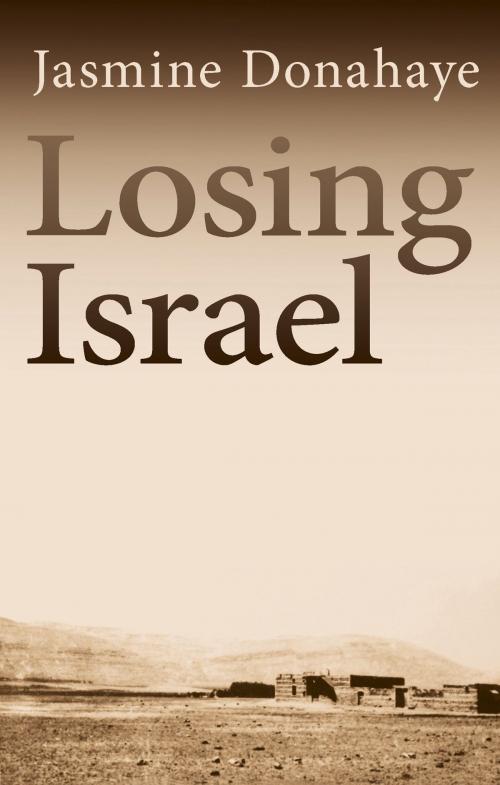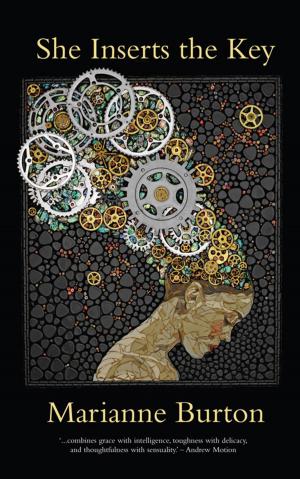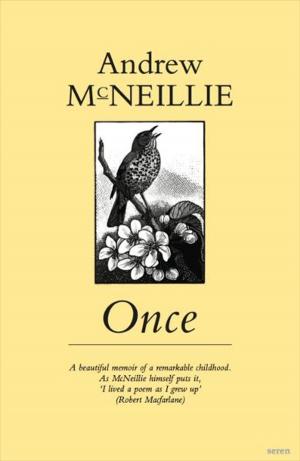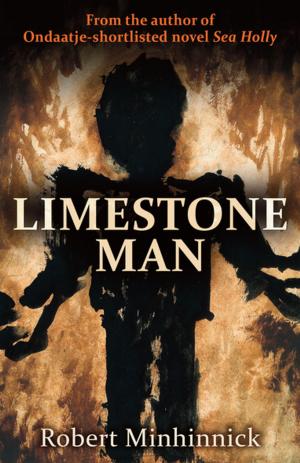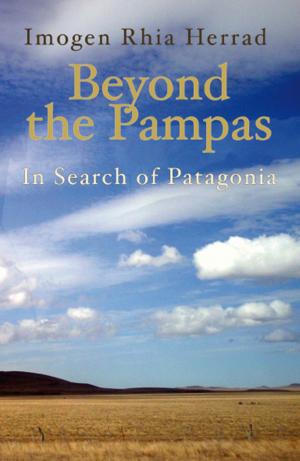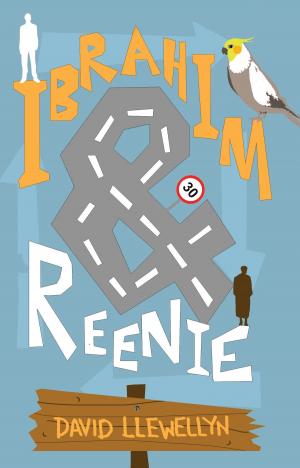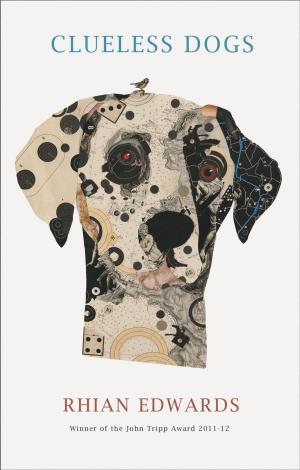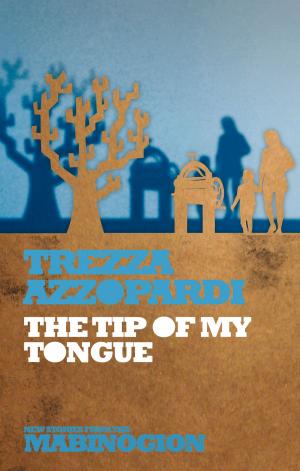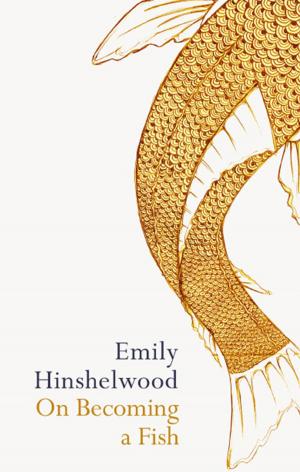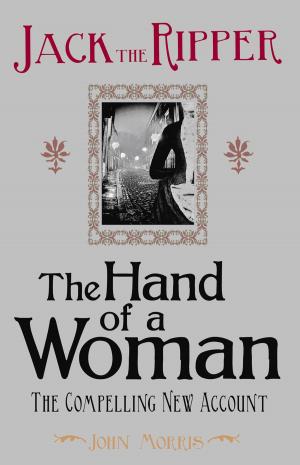| Author: | Jasmine Donahaye | ISBN: | 9781781722541 |
| Publisher: | Seren | Publication: | August 1, 2016 |
| Imprint: | Seren | Language: | English |
| Author: | Jasmine Donahaye |
| ISBN: | 9781781722541 |
| Publisher: | Seren |
| Publication: | August 1, 2016 |
| Imprint: | Seren |
| Language: | English |
In Losing Israel the search for her family's past and the part her forebears played in the newly created Israel reveals unsettling knowledge about kibbutzim in northern Israel. Challenged by this new and unwonted information Donahaye's notion of history and her understanding of Israel, of her grandparents and of her identity is challenge. In 2007, in a chance conversation with her mother, a kibbutznik, Jasmine Donahaye stumbled upon the collusion of her family in the displacement of Palestinians in 1948. She set out to learn the story of what happened, and discovered an earlier and rarely discussed piece of history during the British Mandate in Palestine. Her discoveries challenged everything she thought she knew about the country and her family, and transformed her understanding of the place, and of herself. Losing Israel is a moving and honest account which spans travel writing, nature writing and memoir. Through the author's personal situation it explores the powerful and competing attachments that people feel about their country and its history, by attempting to understand and reconcile her conflicted attachments, rooted in her family story - and in a love of Israel's birds. A life-long bird watcher, Donahaye uses birds in Israel and her home in Wales to provide an unexpected and intriguing linking trope across the various themes of the book.Losing Israel stands apart from other titles about the Israel/Palestine situation with its focus on the British Mandate period, Palestine's history in the 1930s, and the kibbutz movement. Her writing is frank and often immediate: the locations in Israel and Wales are sensually alive, and the author's physical exertions felt by the reader. Her childhood memories of her mother's kibbutz, and her own experiences in Israel and Wales as an adult also bring originality to her writing. Losing Israel works on many levels - family relationships, the nature of patriotism and nationalism, cultural dislocation, the story of the Jewish diaspora and Israel, how history changes from one generation to the next, the histories of the dispossessed and the oppressed. In combining history, birdwatching, and her personal story Donahaye has written an accessible and human book about an habitual controversial conflict.
In Losing Israel the search for her family's past and the part her forebears played in the newly created Israel reveals unsettling knowledge about kibbutzim in northern Israel. Challenged by this new and unwonted information Donahaye's notion of history and her understanding of Israel, of her grandparents and of her identity is challenge. In 2007, in a chance conversation with her mother, a kibbutznik, Jasmine Donahaye stumbled upon the collusion of her family in the displacement of Palestinians in 1948. She set out to learn the story of what happened, and discovered an earlier and rarely discussed piece of history during the British Mandate in Palestine. Her discoveries challenged everything she thought she knew about the country and her family, and transformed her understanding of the place, and of herself. Losing Israel is a moving and honest account which spans travel writing, nature writing and memoir. Through the author's personal situation it explores the powerful and competing attachments that people feel about their country and its history, by attempting to understand and reconcile her conflicted attachments, rooted in her family story - and in a love of Israel's birds. A life-long bird watcher, Donahaye uses birds in Israel and her home in Wales to provide an unexpected and intriguing linking trope across the various themes of the book.Losing Israel stands apart from other titles about the Israel/Palestine situation with its focus on the British Mandate period, Palestine's history in the 1930s, and the kibbutz movement. Her writing is frank and often immediate: the locations in Israel and Wales are sensually alive, and the author's physical exertions felt by the reader. Her childhood memories of her mother's kibbutz, and her own experiences in Israel and Wales as an adult also bring originality to her writing. Losing Israel works on many levels - family relationships, the nature of patriotism and nationalism, cultural dislocation, the story of the Jewish diaspora and Israel, how history changes from one generation to the next, the histories of the dispossessed and the oppressed. In combining history, birdwatching, and her personal story Donahaye has written an accessible and human book about an habitual controversial conflict.
